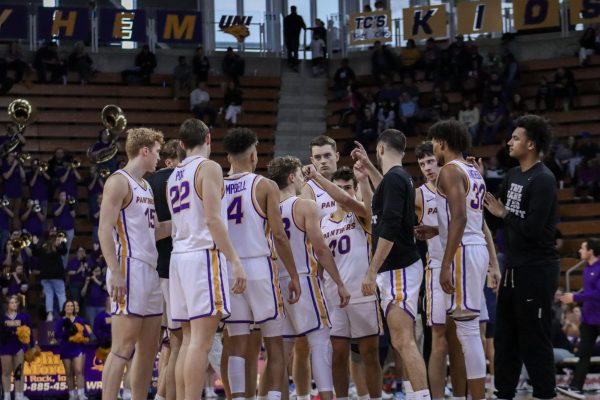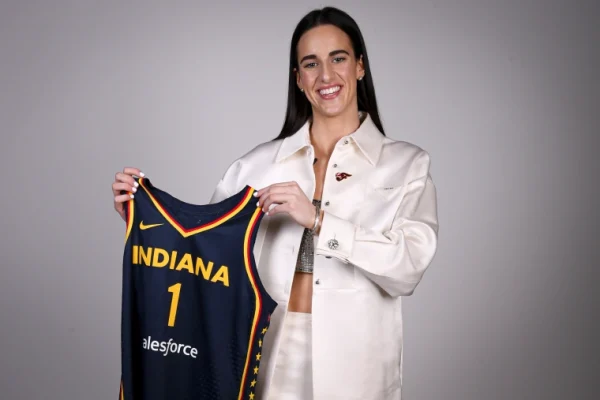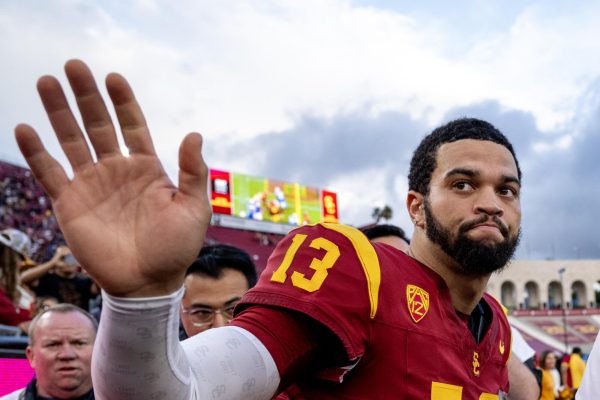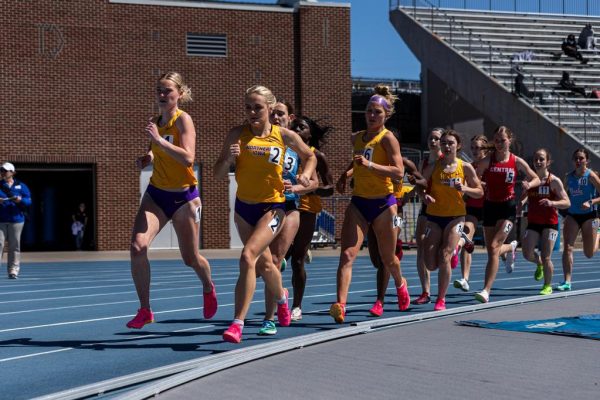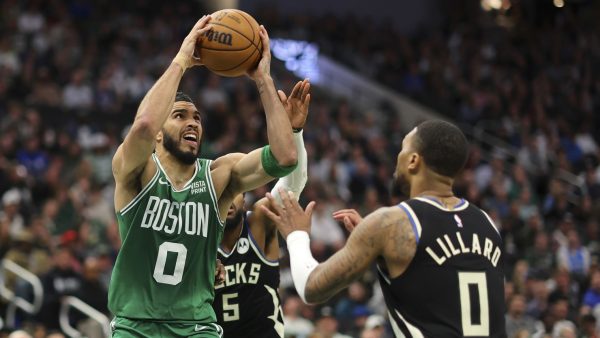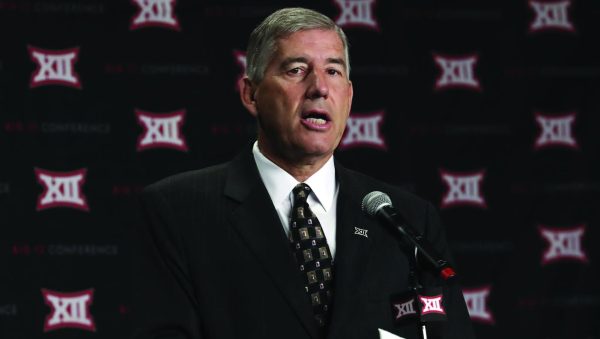An eligibility issue: should amateur players stay or go?
Oct 8, 2015
One of the biggest grey areas in sports is when an athlete should be eligible to go pro. Every sport has its own rules. Unfortunately, there is not a simple “cure- all” policy that would work for each and every sport. Instead of trying to give my opinion on each individual sport, I’m going to focus on football, because it has recently been a hot topic for discussion in sports.
Ideally, it would be amazing if all college football players wanted to stay in school all four years, getting education while also improving their game at a college level, but that’s not feasible. Whether we like it or not, there are always going to be star athletes that couldn’t care less about school, wanting to make the professional league and earn big paychecks.
Some of these players have good reasoning. They want to start earning that money for their prestigious talent as soon as they can to provide for themselves and their family. A lot of them didn’t have money growing up, and it is unfair to tell them they can’t receive a dime, even though they are making their university and college football a large profit.
It is easy for us to sit back and say that these student athletes should stay in school and get a good education, but it’s different when you’re in their shoes and think about the luxurious life you could be living, rather than struggling to get enough food. Shabazz Napier was the one who brought the issue to light after winning the NCAA Basketball National Championship a couple years ago. He was one of the best college basketball players in the country and told reporters he would sometimes go to bed “starving”. Other athletes are saying the same. It has recently changed, and the athletes now get unlimited meals from the university, but it goes to show the struggles some college athletes go through.
With the football being such a physical sport, I think it is important for athletes to transition to the college level first rather than trying to jump into the NFL right out of high school. The players are much bigger, faster, stronger and more athletic. We see it all the time where college football starts to flop in the NFL because it is such a different ball game. Can you imagine people trying to make that transition from high school?
The level of speed in a professional football game to that of any other tier simply can’t be compared. I think college football experience is crucial, but three years is a bit much. I would like to see it lowered to two years. By then you should know whether or not a guy is ready for the big league. If a player has proven himself in two years with his school, let him move on if that’s what he wants. We don’t want to force these guys in college for too long where it gets to the point where they just go through the motions. Not to mention another year of risking injury. All it takes is one injury to immediately end a player’s dream.
I am a big supporter of college football players staying all four years, and ultimately, I think it is most beneficial for them to do so. They polish up their game and also get an education that will benefit them for the rest of their life, not just the duration of their football prime. But they are big boys, and if they feel they are ready after two years then that should be their call.
If we want to force them in school for so long, or even make it so they have to stay the whole time, the notion of “pay for play” must be thrown into the discussion, which is dipping our toes into a much larger debate. For the sake of the great game of football, I hope these athletes play their hearts out for the love of the game rather than worrying about what lies ahead, but we do have to realize money talks and can influence their mindset/attitude.








